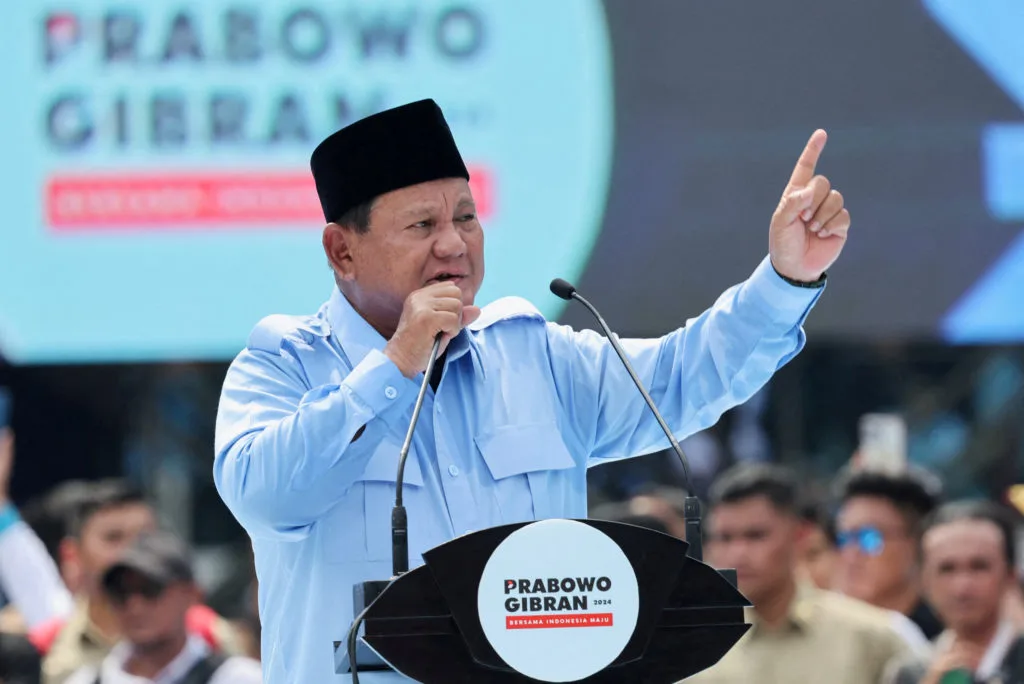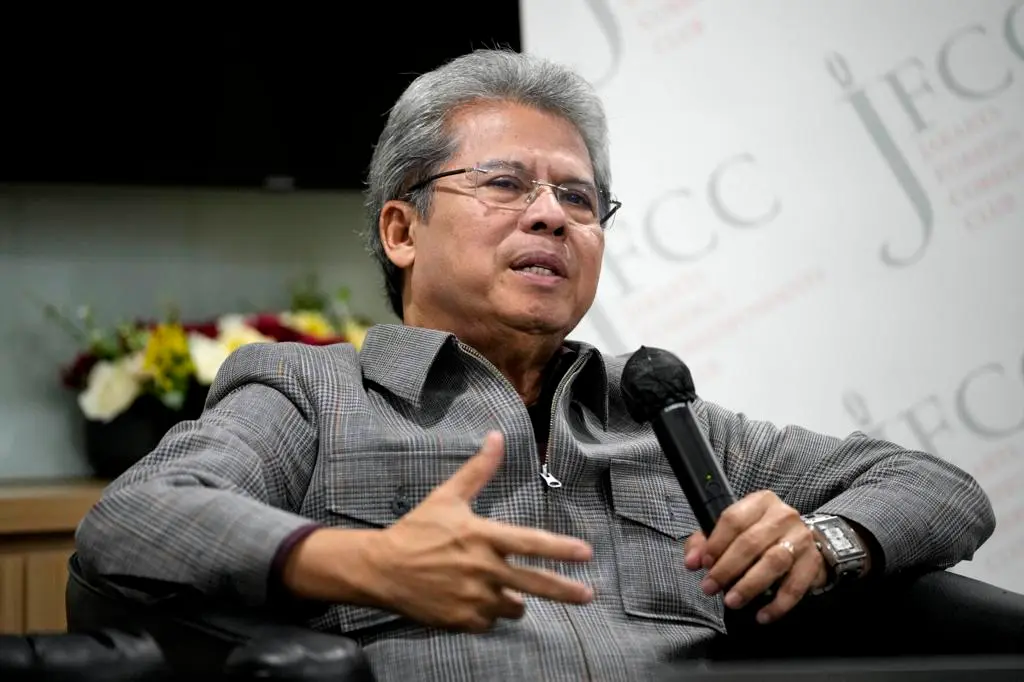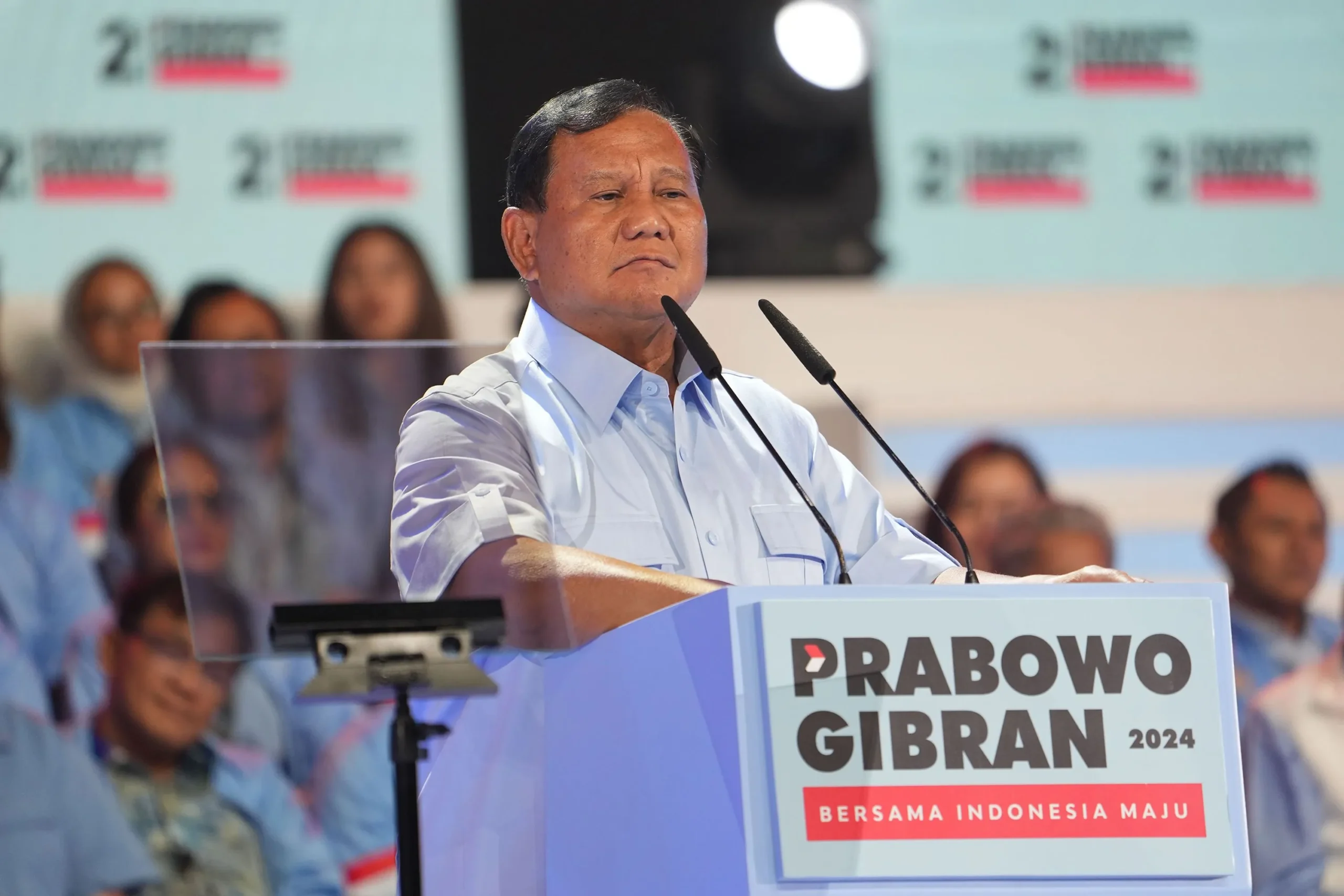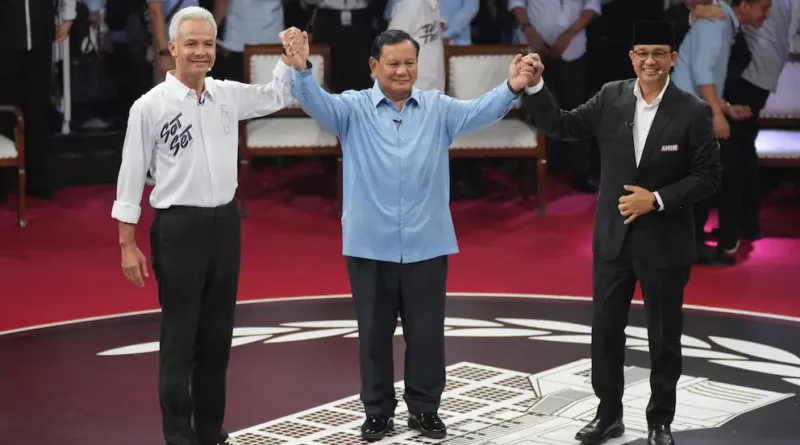Election Results 2024: Indonesia’s Democratic Triumph
Contents
- 1 Overview of the election results
- 2 Controversies surrounding the election results
- 3 The legal process for challenging election results in Indonesia
- 4 Key players involved in the challenge
- 5 Timeline for the announcement on March 20
- 6 Potential implications of the challenge
- 7 Public reaction to the announcement
- 8 International perspectives on the Indonesian presidential election
- 9 Potential outcomes
- 10 Author
The Indonesian presidential election, held on [date], was a highly anticipated event that attracted widespread attention and participation from the Indonesian population. The election saw [number] candidates vying for the country’s top position, including the incumbent [President’s Name] and [Opponent’s Name]. The election process was conducted in accordance with the country’s democratic principles, with millions of Indonesians casting their votes to determine the nation’s next leader.
The election was closely monitored by both domestic and international observers, who hailed it as a significant milestone in bandar togel resmi Indonesia’s democratic journey. The election campaigns were marked by intense competition, with candidates crisscrossing the nation to connect with voters and present their vision for Indonesia’s future. The election results were eagerly awaited, as they would shape the nation’s political landscape for the next term.

Overview of the election results
Following the conclusion of the election, the official results were announced, declaring [President’s Name] as the winner with [percentage] of the votes. This victory was celebrated by the President’s supporters, who saw it as a validation of the government’s achievements and a vote of confidence in its leadership. The announcement was accompanied by scenes of jubilation across the country, with supporters taking to the streets to express their joy and support.
However, the election results were not without controversy. Several opposition groups and independent observers raised concerns about the integrity of the electoral process, citing irregularities and alleged instances of voter suppression. These allegations cast a shadow over the credibility of the results, prompting calls for a thorough investigation into the matter.
Controversies surrounding the election results
The controversies surrounding the election results have sparked widespread debate and speculation in Indonesia. Critics argue that the alleged irregularities undermine the democratic process and erode public trust in the electoral system. They demand transparency and accountability, calling for a comprehensive review of the election procedures and an impartial assessment of the allegations.
The allegations range from claims of voter intimidation and fraud to accusations of bias in the electoral management bodies. Some opposition groups have even alleged that the election was rigged in favor of the incumbent President. These allegations have fueled tensions and division within the country, with supporters of both candidates engaging in heated debates and protests.
The legal process for challenging election results in Indonesia
In Indonesia, the legal process for challenging election results is governed by the country’s electoral laws. Under these laws, any party or individual who wishes to challenge the results must file a complaint with the Constitutional Court within a specified time frame. The court then reviews the complaint and conducts a thorough examination of the evidence presented.
The Constitutional Court is an independent body tasked with ensuring the integrity of the electoral process and resolving disputes related to elections. Its decisions are final and binding, and it has the power to nullify the election results if it finds evidence of substantial irregularities or violations of the law. The court’s rulings are based on a thorough examination of the facts and are guided by the principles of fairness and justice.
Key players involved in the challenge
The challenge to the election results has brought several key players into the spotlight. On one side, we have the opposition parties and their supporters, who are spearheading the efforts to challenge the results. These parties have vowed to exhaust all legal avenues to ensure a fair and transparent electoral process.
On the other side, we have the government and its supporters, who maintain that the election was conducted in accordance with the law and that the results accurately reflect the will of the people. They argue that the allegations of irregularities are baseless and politically motivated, designed to undermine the legitimacy of the government.
The Constitutional Court will play a crucial role in adjudicating the dispute. Its members, who are appointed by the President, are expected to approach the case with impartiality and objectivity, carefully considering the evidence presented by both sides. The court’s decision will have far-reaching implications for the country’s political landscape and its democratic institutions.

Timeline for the announcement on March 20
The eagerly anticipated announcement regarding the challenge to the election results is set to take place on March 20. This date holds significant importance for both the government and the opposition, as it marks a turning point in the legal process. The announcement will shed light on the court’s preliminary findings and provide a glimpse into the potential outcome of the case.
The announcement will be closely watched by Indonesians across the country, who are eager to learn whether their concerns about the election process will be addressed. It will also be closely scrutinized by international observers, who are invested in the stability and democratic progress of Indonesia. The outcome of the announcement will shape the nation’s future direction and determine its ability to uphold democratic values.
Potential implications of the challenge
The challenge to the election results carries significant implications for Indonesia’s political landscape. If the court finds evidence of substantial irregularities or violations of the law, it has the power to nullify the election results and order a new election. Such a decision would have profound consequences for the country, potentially triggering a period of political instability and uncertainty.
On the other hand, if the court upholds the election results, it would validate the government’s claims of a fair and transparent electoral process. This outcome would provide a sense of closure to the controversy surrounding the election and allow the government to focus on its agenda and priorities for the next term.
Regardless of the outcome, the challenge to the election results highlights the importance of transparency, accountability, and public trust in the electoral process. It serves as a reminder that democracy is a continuous journey that requires constant vigilance and engagement from all stakeholders.
Public reaction to the announcement
The announcement regarding the challenge to the election results is likely to elicit a wide range of reactions from the Indonesian public. Supporters of the opposition parties may see it as a vindication of their concerns and a validation of their claims of electoral irregularities. They may view the court’s decision as a step towards justice and accountability.
On the other hand, supporters of the government may view the announcement as an attempt to undermine the legitimacy of the democratically elected President. They may argue that the allegations of irregularities are baseless and politically motivated, designed to delegitimize the government and sow discord among the population.
The announcement is also likely to fuel further debates and discussions on the state of democracy in Indonesia. It will serve as a litmus test for the country’s democratic institutions and their ability to address the concerns of the public. The public reaction to the announcement will shape the nation’s political discourse and determine the course of its democratic journey.
International perspectives on the Indonesian presidential election
The Indonesian presidential election has garnered international attention and sparked discussions on the state of democracy in the country. International observers have closely monitored the election process and expressed their views on the allegations of irregularities. Their perspectives provide valuable insights into the global perception of Indonesia’s democratic progress.
Some international observers have commended Indonesia for its commitment to conducting free and fair elections, citing the high voter turnout and peaceful atmosphere during the voting process. They view the election as a testament to the country’s democratic resilience and its ability to navigate complex political challenges.
However, other observers have raised concerns about the allegations of irregularities and called for a thorough investigation into the matter. They emphasize the importance of transparency and accountability in the electoral process, urging the Indonesian government to address the concerns raised by the opposition and independent observers.
The international community will be closely watching the developments surrounding the challenge to the election results. Its response to the court’s decision will shape Indonesia’s standing in the global democratic community and determine the level of international support and engagement with the country.

Potential outcomes
In conclusion, the challenge to the Indonesian presidential election results has added a new layer of uncertainty to the country’s political landscape. The announcement on March 20 will provide crucial insights into the potential outcome of the case and its implications for Indonesia’s democratic journey.
There are several potential outcomes of the challenge. If the court finds evidence of substantial irregularities, it may nullify the election results and order a new election. This outcome would require the nation to navigate a period of political instability and uncertainty.
On the other hand, if the court upholds the election results, it would validate the government’s claims of a fair and transparent electoral process. This outcome would provide a sense of closure to the controversy surrounding the election and allow the government to focus on its agenda and priorities for the next term.
If you found this analysis insightful and are interested in topics that revolve around activism and the fight for ethical treatment across the globe, we encourage you to read our article about PETA. Dive into our comprehensive coverage to understand more about global movements striving for change and how organizations like PETA are at the forefront of advocating for animal rights.

